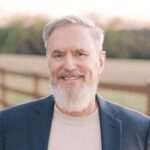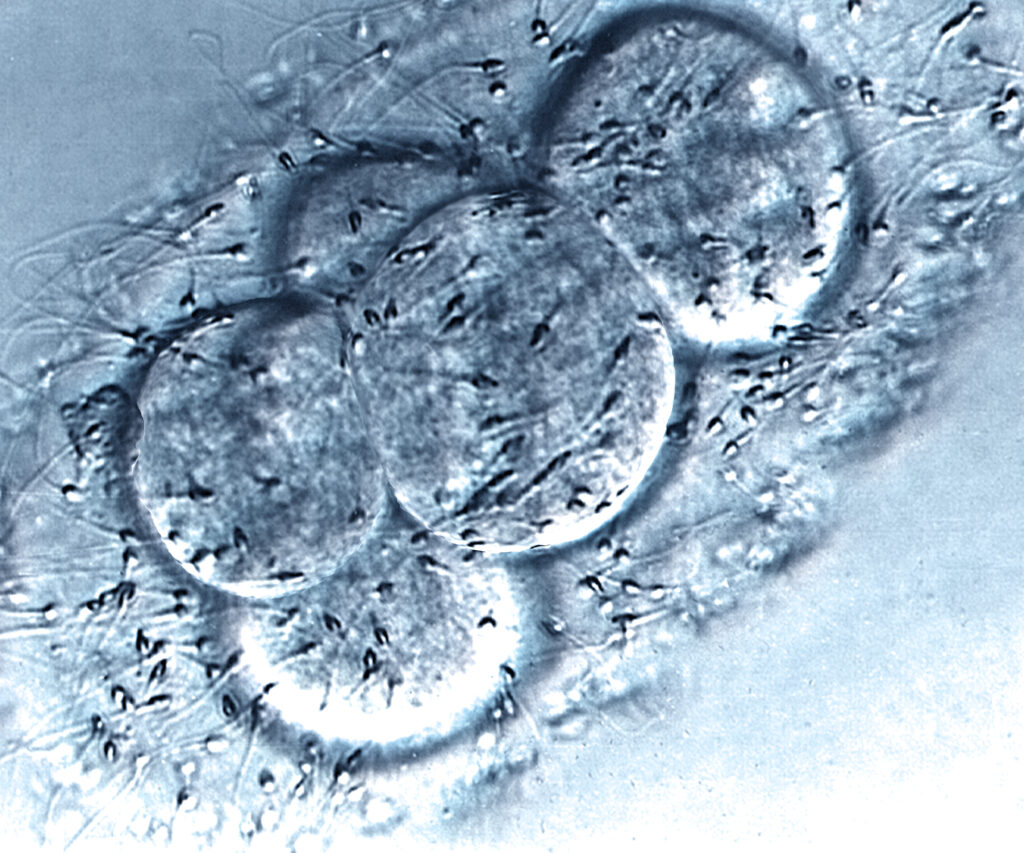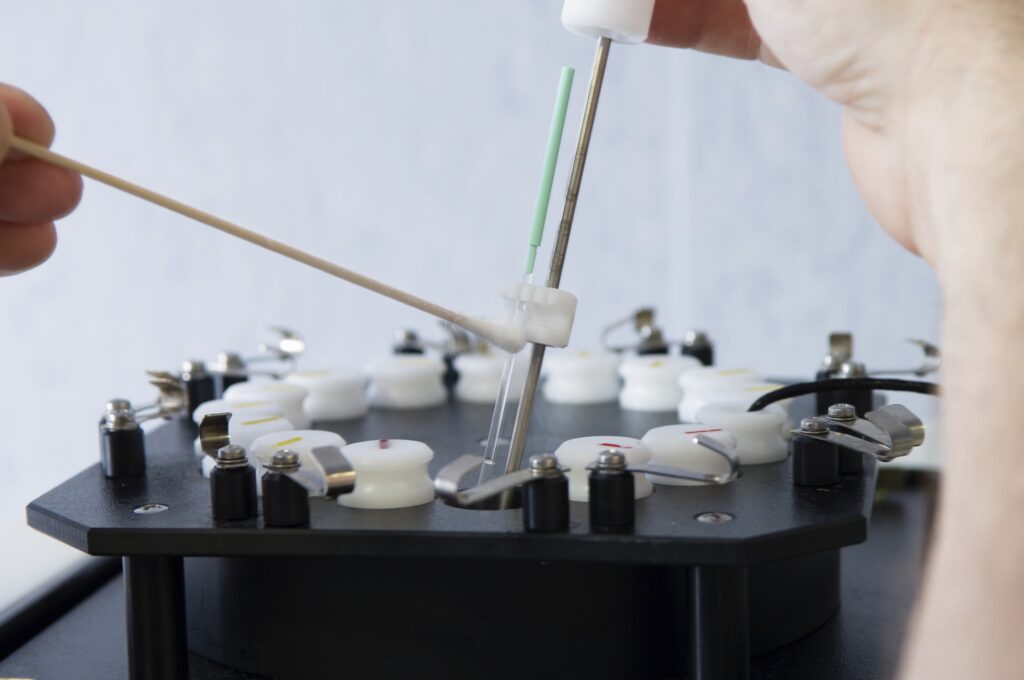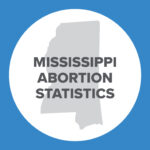In the Corridor of Conscience: A Doctor’s Story
By Dr. Stephen O’Neil
The first day of my obstetrics rotation as a third-year med student in 1989 started like any other first day. I arrived at the hospital and got lost. After the requisite amount of time searching I ultimately met the other students at the operating rooms for orientation. We all changed into scrubs and then gathered in the core area where there was a big whiteboard with the scheduled surgeries for the day. In a couple of rooms there were several scheduled C-sections; across the hall in another room there were several “D and E’s.” “D and E”, I learned that day, stands for “dilation and extraction”, a second trimester or later abortion where the baby is dismembered in the uterus and removed in pieces.
Those lucky enough to be on one side of the hall went home in car seats. Those across the hall left in red biohazard bags.
I was horrified and all of a sudden fully aware of what abortion is. In the ‘70’s my parents would take us to an abortion clinic in the adjacent town to protest peacefully. We would walk back and forth and pray in front of the drab, one-story building with no windows in front and a long driveway down the side. Intermittently a car would turn in and speed to the back; a young woman would always get out, accompanied by a young man or another woman. No one seemed happy. Back then I knew why we were there but didn’t grasp the reality of what was happening inside.
All that changed abruptly years later in the hospital that morning. What had been happening behind the walls of that clinic was now the reality in front of me. I was frozen with dread and the sense of powerlessness that still haunts me today. I couldn’t do anything. The deliberate ending of life was a scheduled “procedure.” I felt indirectly complicit just for being there and was ashamed of my chosen profession.
Weren’t we supposed to help save lives?
Back then there was no overt pressure on students or healthcare providers to participate in abortions and physician-assisted suicide had yet to take hold. Pharmacies didn’t prescribe drugs for abortion and nuns weren’t sued by the government.
That has all changed.
For example, a nurse at the University of Vermont Medical Center was forced to participate in an abortion despite her objection and her clear communication that she believes abortion to be murder. The Biden administration recently dropped a lawsuit against the hospital regarding this case.
To see just how far conscience protections can be diminished in health care you don’t have to look much further than to Canada. From abortion to “medical aid in dying”, practitioners are being forced or coerced on myriad fronts. Laws mandating various levels of participation in abortion, physician-assisted suicide and euthanasia are being passed across that country. Funding and certification is being withheld from those individuals or institutions that refuse to perform actions contrary to their consciences. Pro-life individuals are even being blackballed from entering healthcare in some cases or being removed for publicly professing their views.
Unlike Canada, we have the First Amendment and its religious protections so we are not as far down the path as they; but its enforcement is on shaky ground and variable depending upon the administration in office, as noted above, and we are trending in that direction.
Conscience protections have been eroded or challenged in the United States for years as the culture wars have escalated. Well known are the familiar cases that have been decided in the courts regarding bakers and florists. Some rulings have upheld conscience rights, others have not.
This potentially affects everyone regardless of their place in life as we all may be in a position to need to act as our conscience dictates in situations that are contrary to popular opinion.
But what happens when conscience rights in healthcare are diminished? This has a more potentially life-threatening or life-altering effect on the broader society, even if indirectly.
Both institutions and individuals can be the affected.
Catholic hospitals that provide a significant percentage of health care and indigent care will close their doors if forced to perform abortions or participate in physician-assisted suicide or euthanasia. Many patients will have nowhere to turn and the strain on the system will be overwhelming.
Hospices built on the premise of caring for the dying rather than hastening their deaths will close or rapidly change their culture and lose the essence of their care of those at the end of life—forced to kill rather than comfort.
Pharmacies that refuse to provide abortifacients can and have gone out of business for not doing so, despite no shortage of pharmacies willing and able to provide such compounds.
Nuns caring for the elderly poor can be sued by the federal government and threatened with closure for following their religious beliefs and not providing contraception and abortifacients to their employees that could easily be purchased for minimal cost.
Individuals currently practicing or seeking positions in healthcare may find themselves leaving or never even entering the arena if they know they will not be allowed to follow their consciences. Many good people trying to preserve and protect lives will no longer dedicate their own lives to doing so.
Without conscience protections of caregivers it is the most vulnerable within society who inevitably are harmed the most.
As those who provide a much-needed check on the progression of radical individualism and its selfish ideology are put out of business or forced to leave their profession, the erosion of a culture of life accelerates. Who is there to stop it?
The unborn, newly born, disabled, weak, elderly and infirm, those who cannot advocate for or protect themselves, will be the unwitting victims of a culture built on convenience and utilitarianism rather than conscience.
They will be the ones who suffer as abortion on demand and fetal tissue harvesting and sales become routine and failed abortion victims born alive are “just made comfortable.”
They will be the ones discarded as physician-assisted suicide, which was initially promoted as “compassion for the terminally ill”, morphs into euthanasia of those on the margins of health, age, utility or mental health.
They will be the ones who cannot find the care that they need because the only ones who would care for them have been run out of business because of what they believe.
Over 30 years ago I was horrified to face the reality of abortion.
Now I am afraid that by losing our conscience we may lose our nation’s soul.
Dr. Stephen O’Neil is a board-certified general surgeon in Indianapolis, Indiana. He completed his general surgery residency at Loyola University in Maywood, IL and Hepatopancreaticobiliary fellowship in Toronto, Ontario. He has completed several surgical mission trips to Central America and the Caribbean and speaks on culture of life issues in Central Indiana.





























